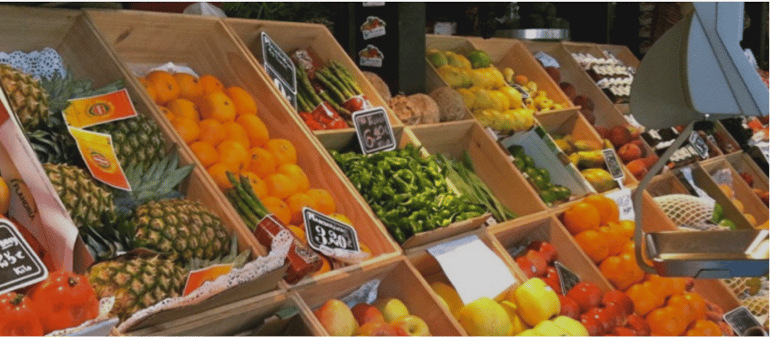
Doing business sustainably and fairly is becoming commonplace in the board rooms of many organisations. Social enterprises are at the forefront of this development, by developing sustainable business concepts that place the attainment of social impact over maximisation of financial return. At the same time, governments are facing so-called 'wicked problems' that require new ways of solving problems , such as unemployment, poverty and climate change. In order to bring these public and private entities together, the Social Impact Factory was initiated in 2015: a platform aimed at connecting and inspiring organisations to become more socially involved and to accelerate change towards a society where doing business fairly, sustainably and socially inclusive is the standard. Social impact measurement, the Factory feels, is a vital element in this process.
Utrecht and 'social return'
The local council of Utrecht – one of Social Impact Factory’s founding fathers – plays a pioneering role in advancing social entrepreneurship in the Netherlands, and strives to use its procurement ‘power’ to create social impact. In line with European regulations, Utrecht has in previous years operationalized this ambition by asking their suppliers to use 5% of the purchasing amount for ‘social return’, by creating jobs for people with poor job prospects. In 2015 this has created jobs for 627 people.
From 'social return' to social impact
Utrecht however feels that social impact could and should be about more than just employment. Moreover, being ‘forced’ to create jobs can put suppliers in a difficult situation if this is not something that can be done (easily) within the scope of the assignment (as the European guidelines dictate) or even within their own organisation. Utrecht is therefore currently broadening the concept of ‘social return’ and its implementation by suppliers. In short, the new policy contains two elements:
- Suppliers can meet their social return obligation by “spending” the 5% outside of their own organisation, for example by procuring goods or services by a social enterprise
- Whether spent within their own organisation or with a social enterprise, the 5% does no longer need to be used strictly for employment, but can also be used to create broader social impact with regard to social inclusion, poverty reduction or sustainability.
Social Impact Market
Following this new approach Social Impact Factory has recently launched the online ‘Social impact Market’. This ‘Market’ is aimed at connecting suppliers and social enterprises to boost the demand for ‘social procurement’. The broader interpretation of ‘social return’ is part of this approach. By offering a platform where social enterprises can showcase their products and services, the Market helps match these enterprises to suppliers who wish to procure such goods ands services.
How impact measurement can help
Both the local council of Utrecht as well as the Social Impact Factory are convinced that social impact measurement is a crucial element in the new approach to the ‘social return’ clause and social entrepreneurship in general. Where on the one hand social impact measurement serves to what and how much impact a social enterprise is making, it also serves the purpose of creating a learning community in which social enterprises can share best (and worst) practices in order to improve and create more impact. When it comes to measuring impact however, some challenges are presented:
- Time and budget restraints: Social entrepreneurs often lack both the time and the funds to conduct a full-fledged impact analyses their selves
- Inconsistency and incomparability: if every entrepreneur comes up with their own indicators, this hinders the possibilities to compare social enterprises – and learn from the conclusions drawn from such a comparison, as well as to aggregate data to gain insight in the sector as a whole.
Facilitating impact measurement
In order to overcome these difficulties, the local council of Utrecht, Social Impact Factory and Sinzer are currently developing a social impact template for social enterprises. A template serves as a blueprint, in which several elements of an impact analyses (such as outputs, outcomes and indicators) have been predefined and standardized for a certain domain or sector, say social inclusion. The template can then be used to measure the impact of various enterprises, initiatives or programs. Using a template for impact measurement has two important benefits:
- Time-efficient: because most elements have been pre-defined, using a template offers a time efficient way of measuring impact;
- Consistency: organisations measure the same indicators, thereby allowing for both comparability (benchmarking) as well as aggregating data.
The developed template is currently being digitalised in the Sinzer software tool, after which a selection of social enterprises will use the software and template for a pilot measurement.
Learn more and meet the Factory?
Interested in learning more? Utrecht and the Social Impact Factory will be sharing insights from the process and pilot results at Sinzer’s 2nd anniversary event (“Let's go Social”) on 15 September. Sign up here:
-1.jpg?width=232&name=GT%20Sinzer_logo_screen_descriptor%20(1)-1.jpg)


